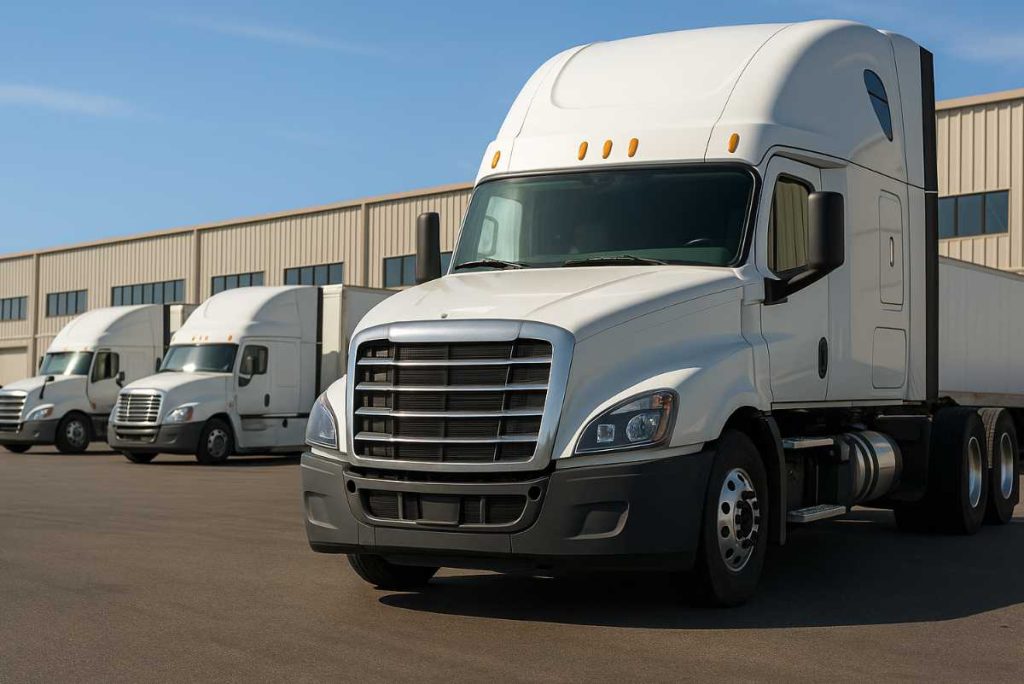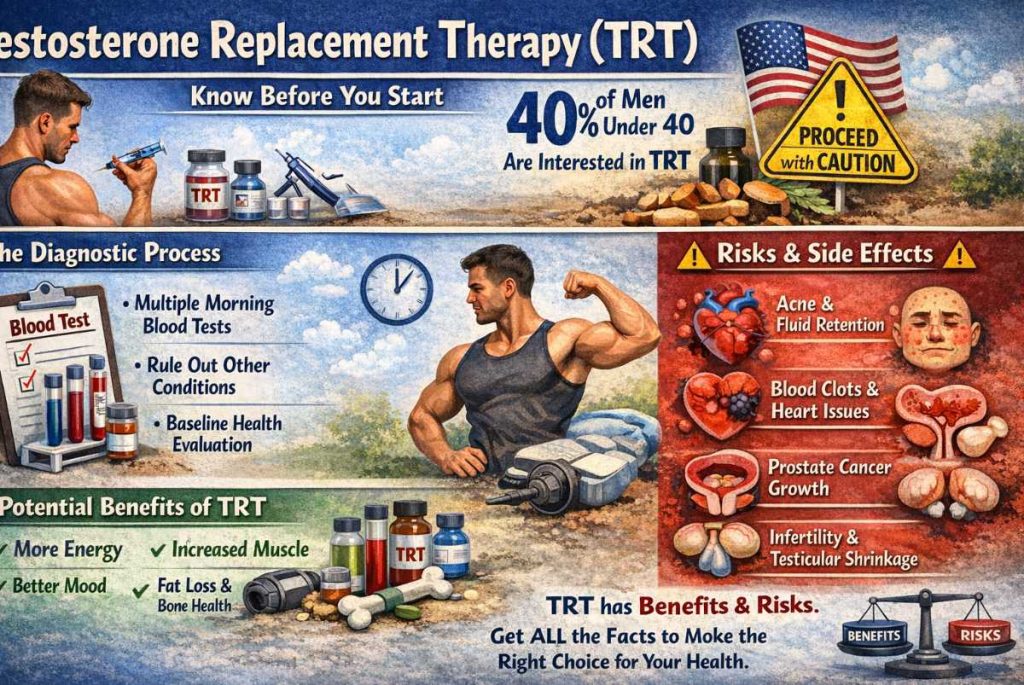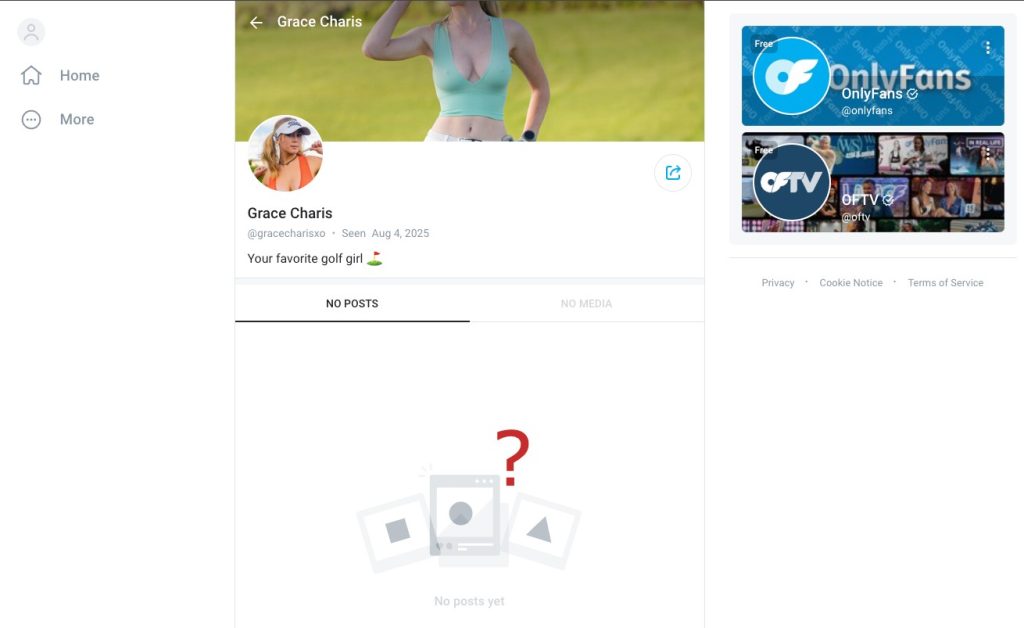There was a time when owning your own trucks felt like the ultimate flex. A sign you’d “made it.” You had the drivers, the rigs, the control, everything under your banner. But lately, that control has started to feel more like a weight.
The cost of diesel alone is enough to make anyone twitch, never mind driver turnover, maintenance bills, and the endless compliance paperwork that somehow multiplies when you’re not looking.
That’s why more companies from mid-sized distributors to major retailers are shifting gears and partnering with providers offering dedicated transportation solutions. Think of it like leasing an entire fleet and driver team that runs exactly as if it were yours, just without you having to manage the chaos behind it. It’s not surrender. It’s strategy.
Even smaller operators who once prided themselves on independence are starting to rethink the owner-operator as an option model. It used to make perfect sense, you hire your own people, buy your trucks, keep control.
But with insurance costs up, maintenance delays, and regulations tightening by the month, a lot of business owners are realizing the “freedom” of running their own fleet actually comes with chains attached.
1. You Can Predict Costs (and Sleep Better at Night)
Let’s start with the obvious: trucks break. They just do. And when they do, it’s never convenient or cheap. A single repair can nuke your margins for the month. Add in fluctuating fuel prices, driver training, and all the bits nobody budgets for (tires, inspections, downtime) and suddenly you’re running an accounting horror show.
With a dedicated partner, that mess becomes someone else’s problem. You pay a flat rate, and they handle the breakdowns, the fuel cards, the insurance, the drivers. You finally get to plan again instead of firefighting every week. It’s predictable. Stable. Boring, even… and boring is good when it comes to logistics.
It’s kind of like outsourcing your IT department. You don’t do it because you’re lazy; you do it because uptime matters more than ownership. Same logic applies here.
2. You Get Flexibility You Can Actually Use
If the last few years have taught businesses anything, it’s that “predictable demand” is a fantasy. One month you can’t move enough loads, the next you’ve got idle trucks gathering dust. Owning your own fleet traps you in that boom-bust cycle.
Outsourcing gives you space to breathe. If demand spikes, your provider adds capacity. If it drops, they scale it back. You don’t have to sell assets, hire temp drivers, or play Tetris with delivery schedules.
It’s fluid. And the best providers bring serious tech muscle too such as real-time routing, driver analytics, emissions tracking. The stuff that’s pricey to build in-house but comes standard when you outsource.
It’s the same reason smart founders turn to pre-built systems when scaling growing businesses. You focus on your actual business, and let the experts handle the infrastructure.
3. Compliance: Because One Missed Checkbox Can Cost Thousands
This one’s the sleeper issue. Everyone knows compliance matters, but until you’ve lived through a DOT audit, it’s hard to appreciate how much. Hours-of-service limits, emissions paperwork, drug testing… it’s like an infinite maze of forms and acronyms. Even a small mistake can lead to massive fines or a hit to your brand.
That’s where professional providers come in. They’ve got dedicated teams who do nothing but track and manage regulatory shifts… everything from ELD updates to driver health requirements.
When it comes to safety and compliance, these folks live by the mantra compliance matters. And because it’s their entire focus, they tend to be faster, cleaner, and more precise than any in-house team juggling a dozen other responsibilities.
It’s not just about covering your back, either. Clean compliance records mean better insurance rates, smoother audits, and drivers who actually want to work for you because they know your operation runs tight.
So… Is It Worth It?
If you’re sentimental about your trucks, sure, it’s a tough call. Letting go of something you built is never easy. But if you’re honest about where the industry’s heading – tighter margins, more regulation, more unpredictability then the logic is pretty hard to ignore.
Outsourcing doesn’t mean losing control. It means knowing which parts of the business you should control, and which parts are just slowing you down.
The companies that will thrive over the next decade aren’t necessarily the biggest, they’re the ones that adapt. And making the leap toward dedicated transportation solutions might just be the cleanest, smartest way to get ahead before the next wave of disruption hits.
Because let’s face it, in trucking, the road never really stays straight for long.





